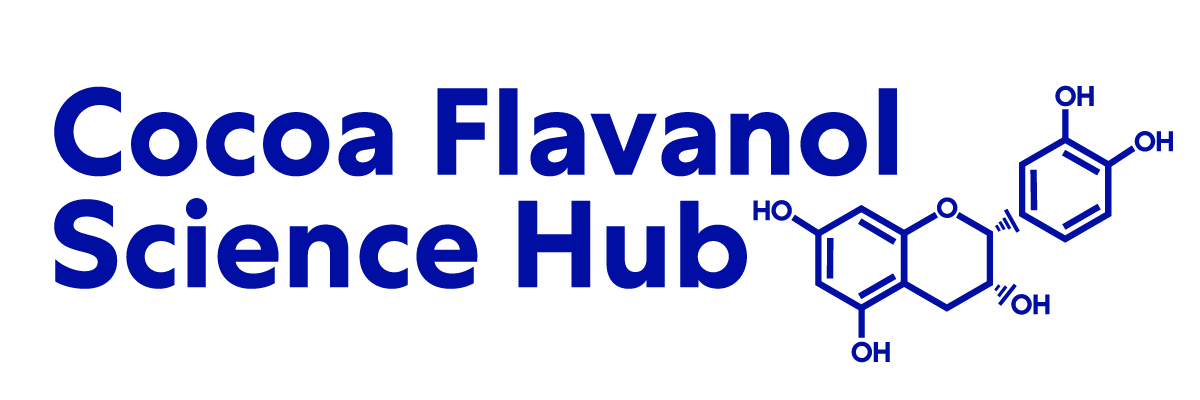Intake of dietary procyanidins does not contribute to the pool of circulating flavanols in humans.
OBJECTIVE:
We assessed the respective contribution of flavanols and procyanidins to the systemic pool of flavanols and 5-(3,4-dihydroxyphenyl)-γ-valerolactone (γ-VL) in humans.
DESIGN:
Test drinks that contained only flavanols (D1), procyanidins with a degree of polymerization that ranged from 2 to 10 (D2-10), or flavanols and procyanidins with a degree of polymerization that ranged from 2 to 10 (D1-10) were consumed by subjects (n = 12) according to a randomized, double-masked, crossover design. Plasma and urine samples were collected postprandially and analyzed.
RESULTS:
The ingestion of D1-10 resulted in the systemic presence of flavanols (plasma concentration: 863 ± 77 nmol/L), γ-VLs (24-h urine: 93 ± 18 μmol), and minute concentrations of procyanidin B2. With correction for small residual amounts of flavanols present in D2-10, only negligible concentrations of circulating flavanols were detected after ingestion of the drink, whereas the intake of D1 resulted in circulating flavanol concentrations similar to those detected after D1-10 consumption.
CONCLUSIONS:
These outcomes show that dietary procyanidins do not contribute to the systemic pool of flavanols in humans. Thus, these data reject the notion that procyanidins, through their breakdown into flavanols and subsequent absorption, causally modulate vascular function.
See the Full Study > (opens in a new tab)









